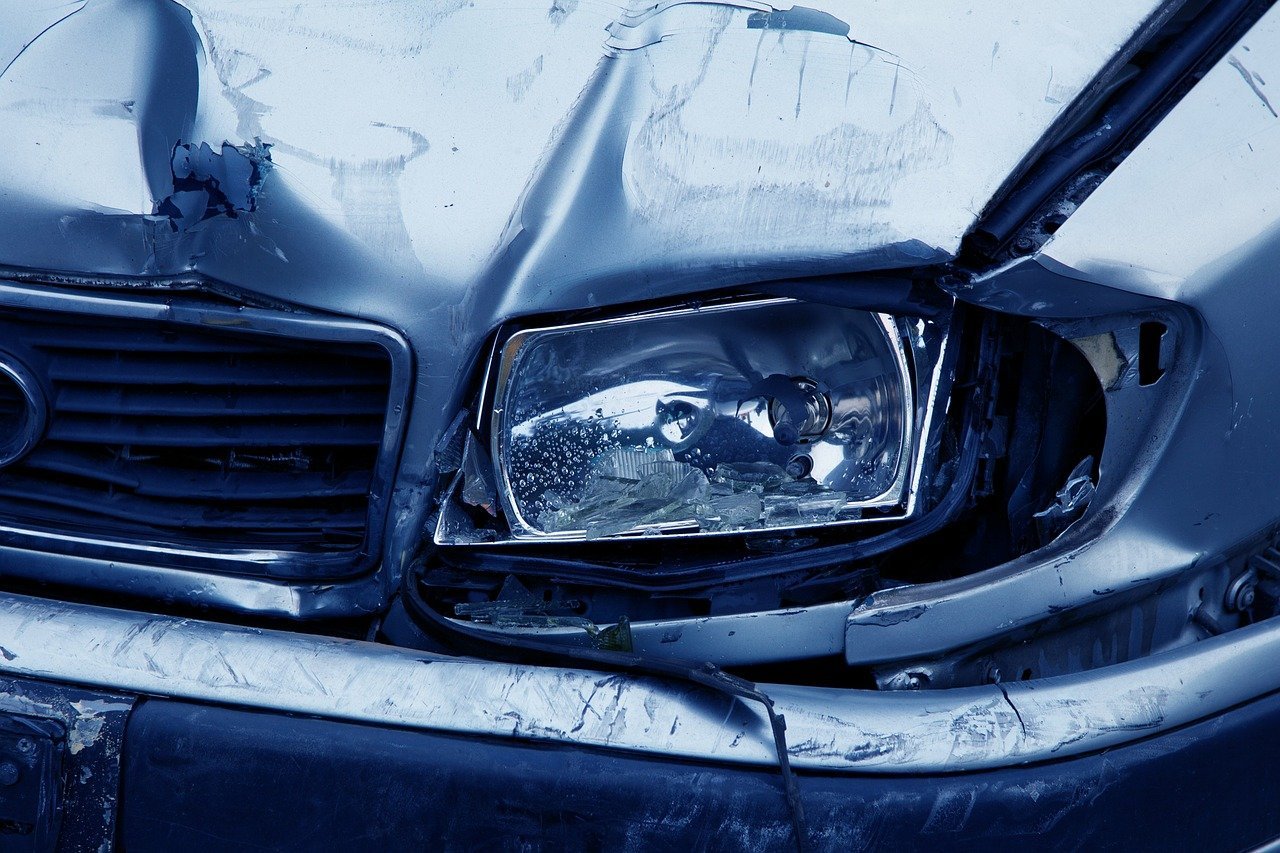Despite the circumstances, whether you are at fault or not, you should constantly call your insurance if you are involved in an accident. Whether you have found it damaged while parked or in any other unfortunate circumstance, you need to contact your indemnity immediately.

Why Should You Always Contact Your Car Insurance?
apart from the common sense of keeping your indemnity informed about an accident, your indemnity policy may include a coverage policy that can play to your advantage. Each policy policy is built on six common types of coverage options. Bear in beware, some of these options can be a eventuality for legal drive, depending upon the country in which you reside. These common types of coverage options are :
- auto liability coverage
- uninsured and underinsured motorist coverage
- comprehensive coverage
- collision coverage
- medical payments coverage
- personal injury protection
Auto Liability Coverage
Auto liability coverage is an indemnity policy that covers electric potential injuries or property damages you inflicted on a third base party. It is separated into bodily injury liability and property damage liability. This is mandate coverage, the minimum total of car indemnity a driver can have to drive legally .
Uninsured And Underinsured Motorist Coverage
Uninsured and underinsured motorist coverage covers expenses if an at-fault driver does n’t have enough coverage to settle the damage. It is essential when the accident is n’t your defect. This type of insurance coverage can prove all-important if you are not the at-fault driver, but it may add extra expenses to your policy .
Comprehensive Coverage
comprehensive coverage is n’t compulsory, but it provides you with compensation for the damages provoked by circumstances other than a cable car crash. comprehensive examination coverage protects you against larceny, fire, hail, and about any other natural occurring venture .
Collision Coverage
Collision coverage will compensate for any damages your car sustained if you are at fault for an accident .
Medical Payments Coverage
checkup Payments coverage, Medical Expense Coverage, or just MedPay is optional indemnity coverage designed to pay for the aesculapian expenses that result from injuries caused by a cable car accident. normally, MedPay covers health insurance deductibles, hospital visits, surgery costs, ambulance, emergency aesculapian technician fees, breastfeed services, and other expenses related to medical emergencies.
Personal Injury Protection
worst or Personal Injury Protection covers all aesculapian and healthcare expenses for the driver ( actually, it technically covers the policyholder ) and passengers in event of injuries caused in a car accident .
No-Fault Vs At-Fault States
In the simple of terms, no-fault means that you are not responsible for causing an accident, while at-fault implies that you are responsible. This distinction will determine whether or not the indemnity company is creditworthy for the payout. We can divide the US into no-fault and at-fault states. The list of all no-fault states include :
- Florida
- Michigan
- New Jersey
- New York
- Pennsylvania
- Hawaii
- Kentucky
- Massachusetts
- Minnesota
- North Dakota
- Utah
Any states not listed above are considered at-fault states .
Should You Call The Other Driver’s Insurance Company?
If you read the cable car policy policy sign, you may have noted a prison term that ’ s something along the lines of “ Report any and all accidents your brood vehicle is involved in. ” It ’ s a direct direction for you to call your indemnity whenever you are involved in an accident. With that said, you do not have to call the other driver ’ south policy company, alone your own. Informing your policy about an accident protects you from a battalion of electric potential problems such as :
- At-fault uninsured drivers
- An insurer denying you coverage for failing to notify the company in a reasonable amount of time
What Steps Do You Need To Take After A Car Accident?
- Call the police
- Call your insurance company
- Take photographs of any damage to your vehicle
- Document the accident to the best of your ability, including the time and location of the incident
Should You Call An Attorney?
It is recommended that you entirely contact your lawyer if you or your passengers sustained any injuries due to the accident. An lawyer can help your font with some technical advice, but it ’ s a path that should only be explored if absolutely necessity .
In Closing
Contacting your policy company should be one of the first things you do if you are ever involved in an accident. Regardless of your level of coverage, informing your insurance company of an accident immediately after it occurs is always best practice.